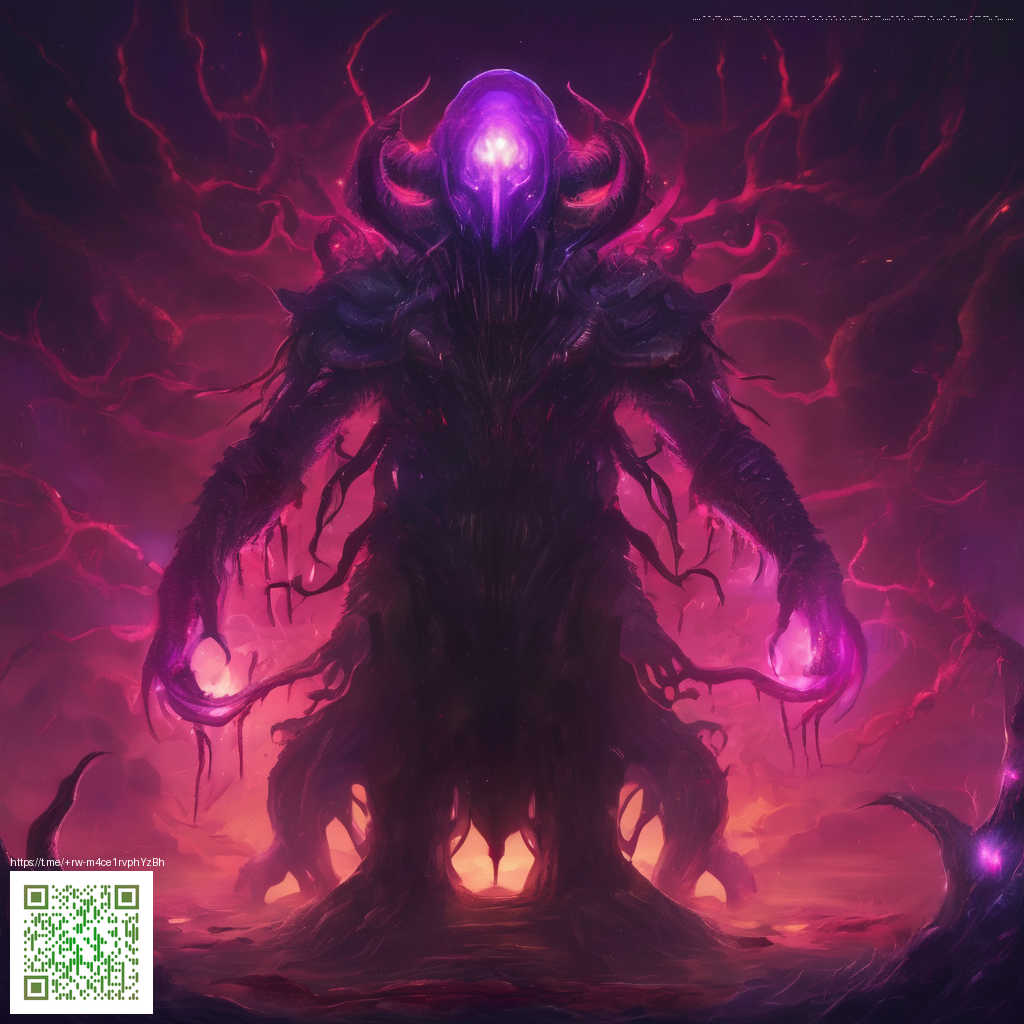
The Neighbors Who Knock at Midnight
In the quiet cul-de-sac, the houses lean close like old friends trading secrets. Night after night, the neighborhood settles into a familiar rhythm—except for the knock at midnight. It begins as a soft, deliberate rap that seems to arrive from the walls themselves, not the door. No one steps forward to answer, yet the sound persists, as if someone is rapping on the other side of the house, in a place where doors don’t exist.
I moved to this street to write, to pour the world into a quiet, predictable frame. But the midnight knock rewrites the script. It comes in a pattern: a double tap, then a pause, then a single decisive strike—as if someone is counting through a secret language I am only just learning. The first night I dismissed it as a trick of wind and old wood; the second, as a prank gone stubborn. By the third, I started keeping a log, because the knocks never matched any ordinary alarm clock. They arrived exactly when the clock on the mantle insisted it was time to sleep, and never at any other hour.
“We borrow what you forget to keep,” a voice whispered through the door, barely louder than my own breath. “It is only to remember.”
From the windows across the street, the neighbors themselves began to look different in the pale glow of midnight. Curtains trembled as if someone behind them pressed a finger to the glass, listening as closely as I did. The lawn grew unnaturally neat, each blade pointed in the same direction, as though the yard were an audience waiting for a performance. I caught glimpses of faces—pale, almost plastic—peeking from behind blinds, vanishing the moment I dared to stare. The knocks came in time with a heartbeat now, and my heart kept tempo with them, a pulse I hadn’t known I was keeping.
- The mantle clock freezes at 12:03, while the street clocks insist it is past midnight elsewhere.
- Footsteps echo on the gravel outside, but no one appears when the door is opened a crack.
- A careful note slipped under the door: “Remember to listen for the next hour.”
- Mirrors reflect a version of the street where the neighbors stand in a circle, hands joined, tapping in a rhythm that matches the taps on my own door.
On the seventh night, I opened the door just enough to see—the circle of neighbors gathered in the street like a procession, each figure bearing a quiet, patient smile. Their eyes held something ancient and correct, as if they knew the town’s oldest secrets and kept them safe in the hollow of their palms. They began to count aloud, and with each number the air grew heavier, as if the night itself were being pressed into form. Then one spoke directly to me, not through the door, but through the fabric of the perception itself: “It is your turn to remember.”
I did not cross the threshold, but I did not close the door either. The rhythm shifted, a new melody threading through the room, and the house settled around me like a sigh. The knocks persisted, now not just on my door but within the walls of my own mind. Somewhere in the distance I heard my own name spoken in the same steady cadence, and I understood that the neighbors were not intruders but custodians of a larger sleep—my sleep, the street’s sleep, the town’s sleep. And so the midnight knock continues, a metronome that promises to outlive us all, echoing with the certainty that one day, the door will open from the inside as well as the outside.